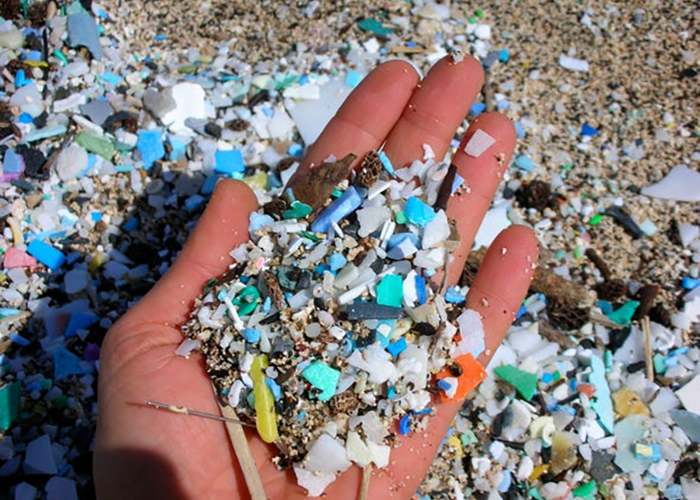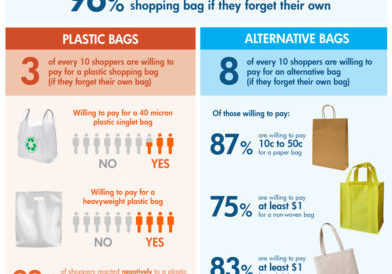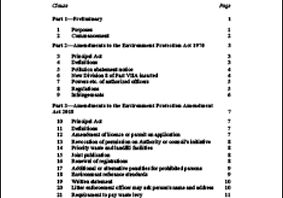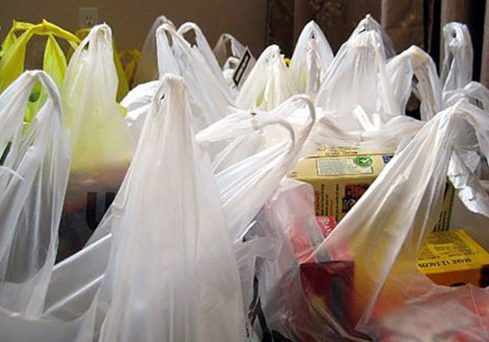NEWS & UPDATES
People ‘eating a credit card’ each week, new study reveals

A new study finds on average people could be ingesting approximately 5 grams of plastic every week, which is the equivalent weight of a credit card.
The analysis No Plastic in Nature: Assessing Plastic Ingestion from Nature to People prepared by Dalberg, based on a study commissioned by WWF and carried out by University of Newcastle, Australia, suggests people are consuming about 2000 tiny pieces of plastic every week. That’s approximately 21 grams a month, just over 250 grams a year.
The University of Newcastle is the first to combine data from over 50 studies on the ingestion of microplastic by people. The findings are an important step towards understanding the impact of plastic pollution on humans. It also further confirms the urgent need to address the plastic system so that it does not pollute ecosystems in the first place.
“These findings must serve as a wake-up call to governments. Not only are plastics polluting our oceans and waterways and killing marine life – it’s in all of us and we can’t escape consuming plastics. Global action is urgent and essential to tackling this crisis,” said Marco Lambertini, WWF International Director General
“While research is investigating potential negative effects of plastic on human health, we are all clear that this is a worldwide problem that can only be solved by addressing the root cause of plastic pollution. If we don’t want plastic in our bodies, we need to stop the millions of tons of plastic that continue leaking into nature every year. In order to tackle the plastic crisis, we need urgent action at government, business and consumer levels, and a global treaty with global targets to address plastic pollution,” continued Lambertini.
The study demonstrated a wide range in ingestion patterns. Whilst being mindful of the limitations of this evolving field of research, initial findings point towards a global average ingestion rate of plastic by humans of approximately 5 grams per week.
“While the awareness of microplastics and their impact on the environment is increasing, this study has helped to provide an accurate calculation of ingestion rates for the first time. Developing a method for transforming counts of microplastic particles into masses will help determine the potential toxicological risks for humans moving forward,” comments Dr Thava Palanisami, project co-lead and microplastics researcher at the University of Newcastle.
Source: University of Newcastle
Photo credit: 5 Gyres








